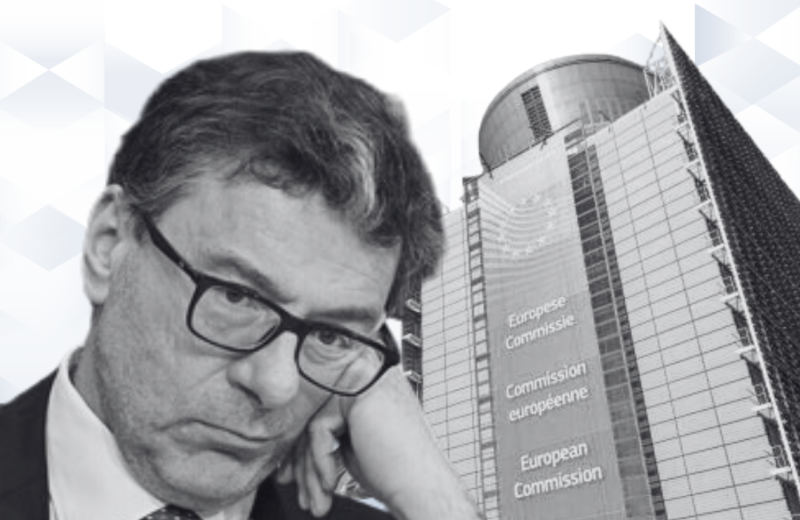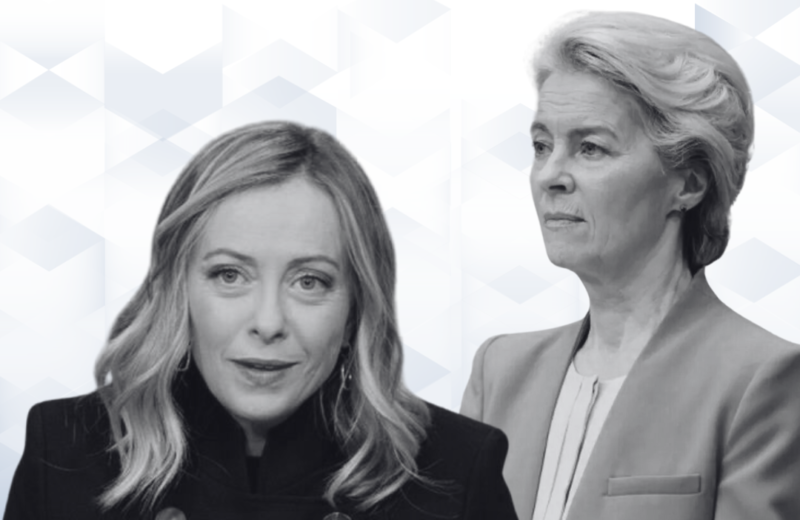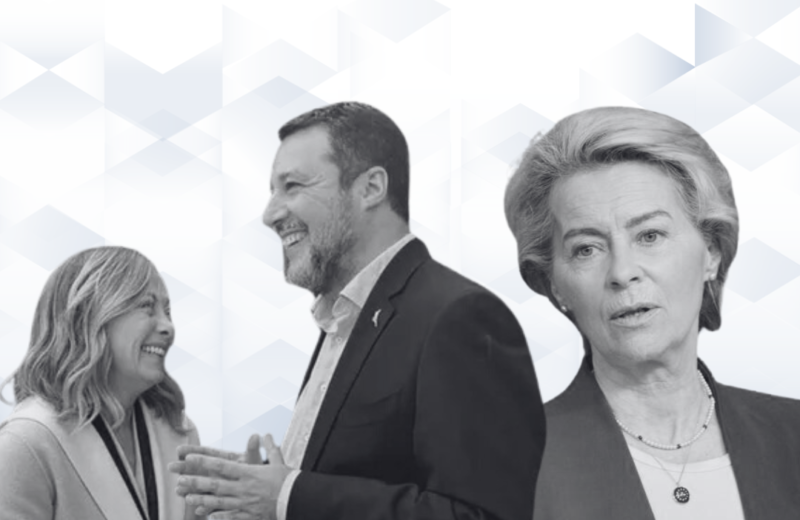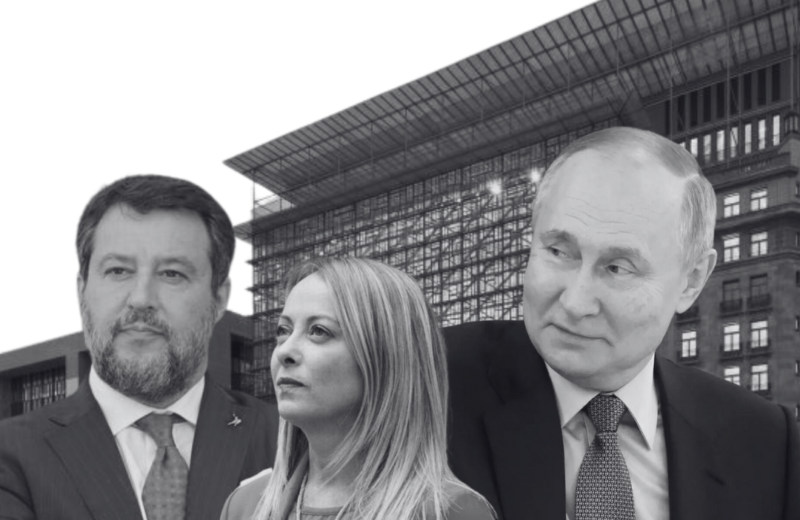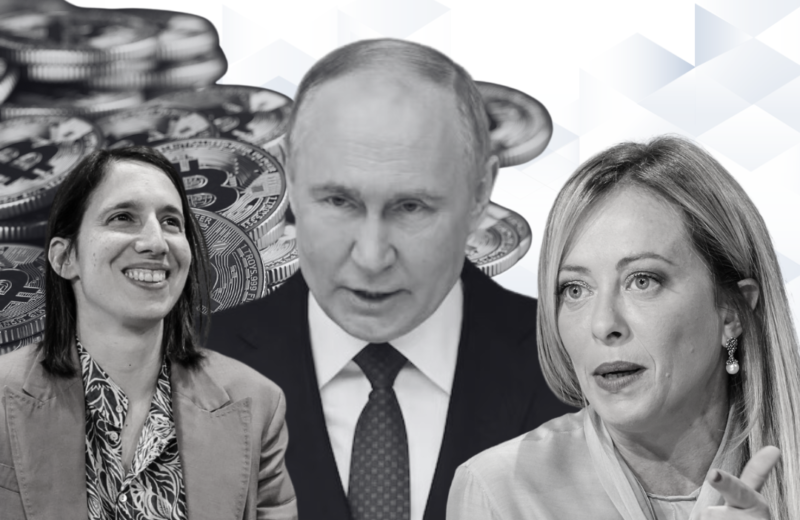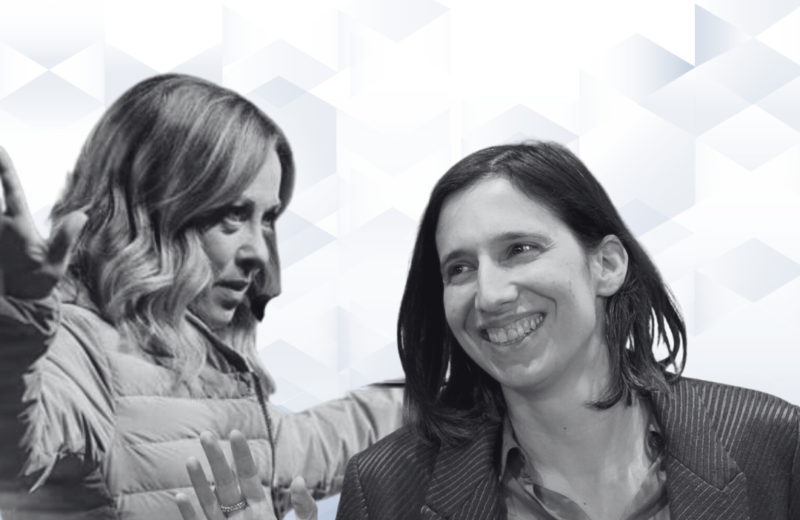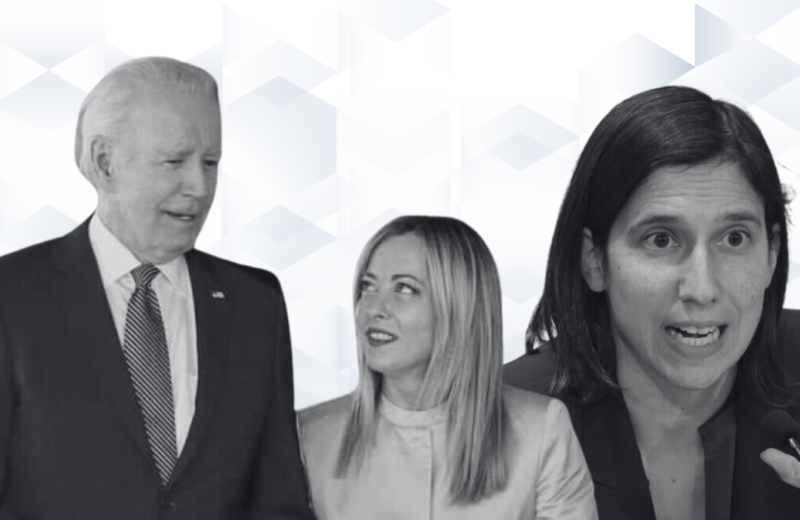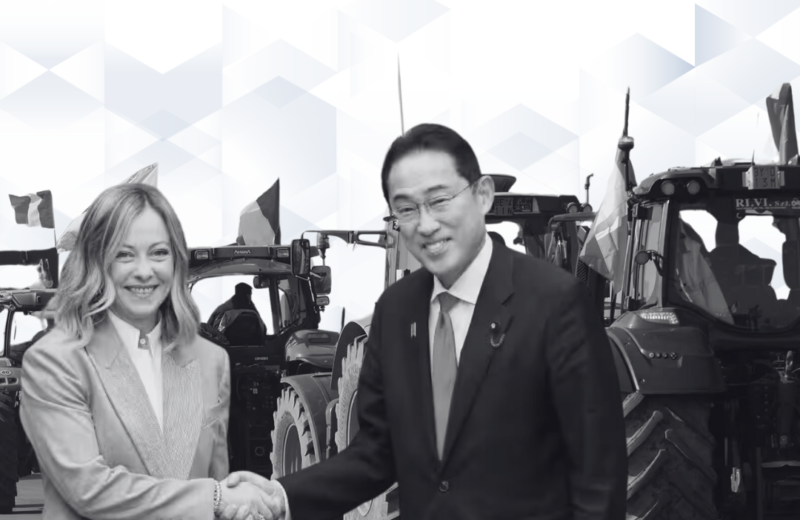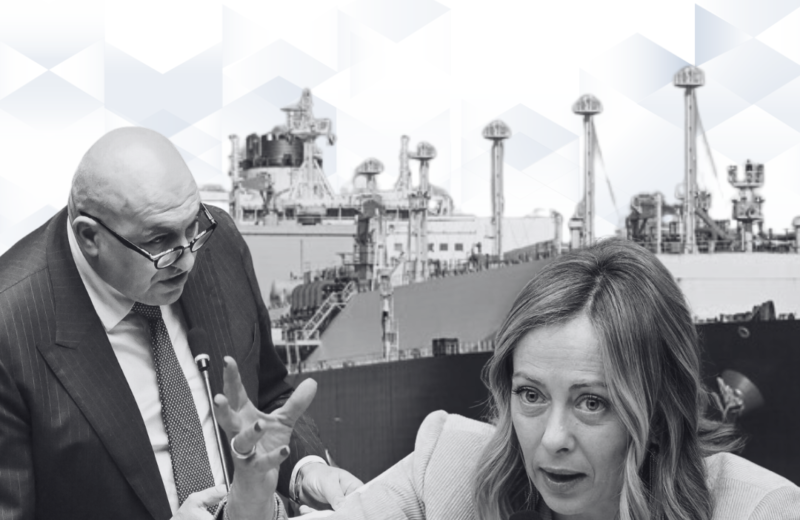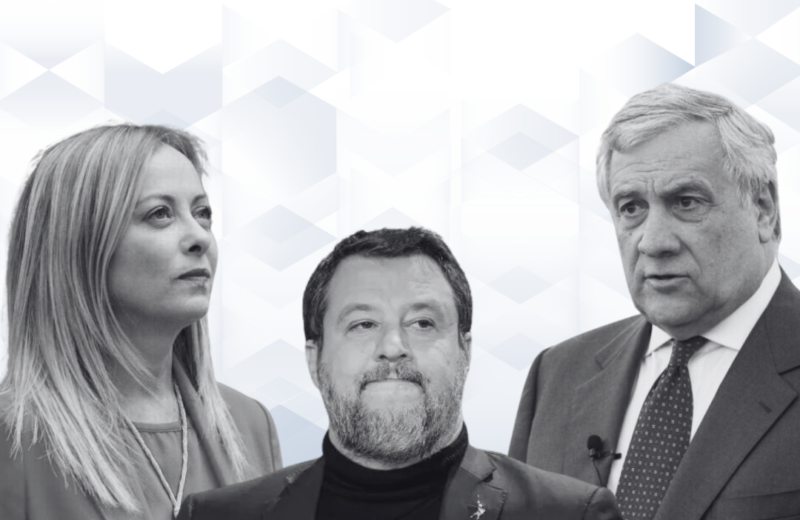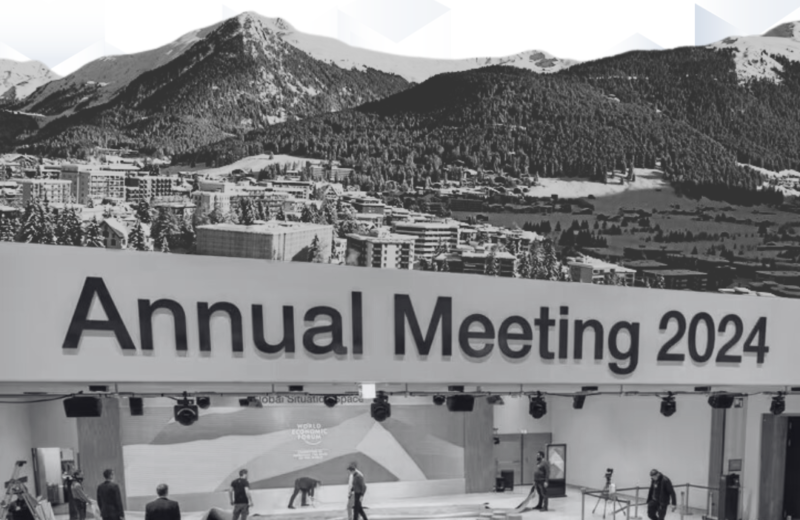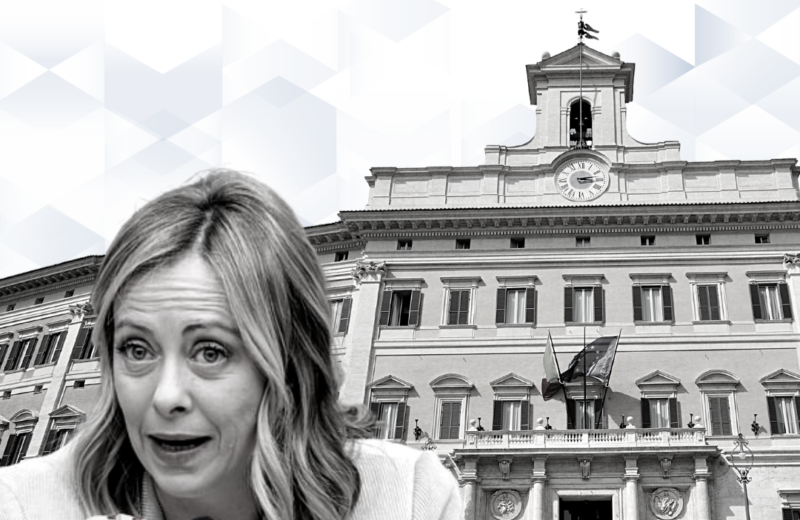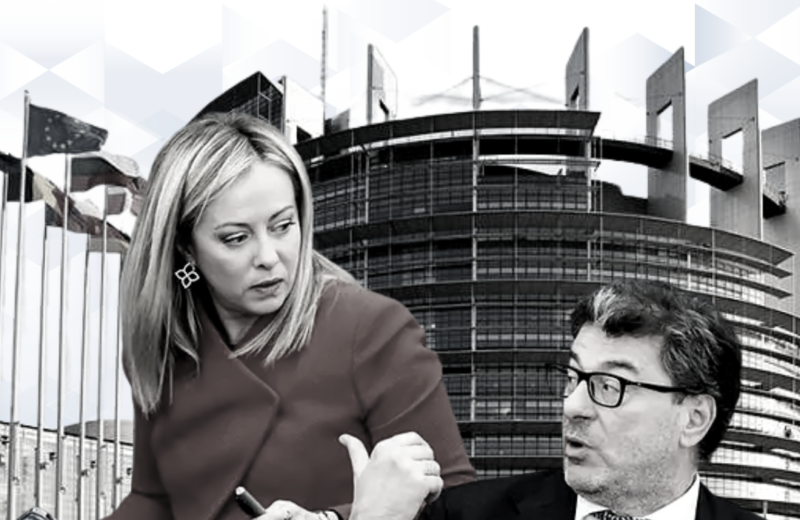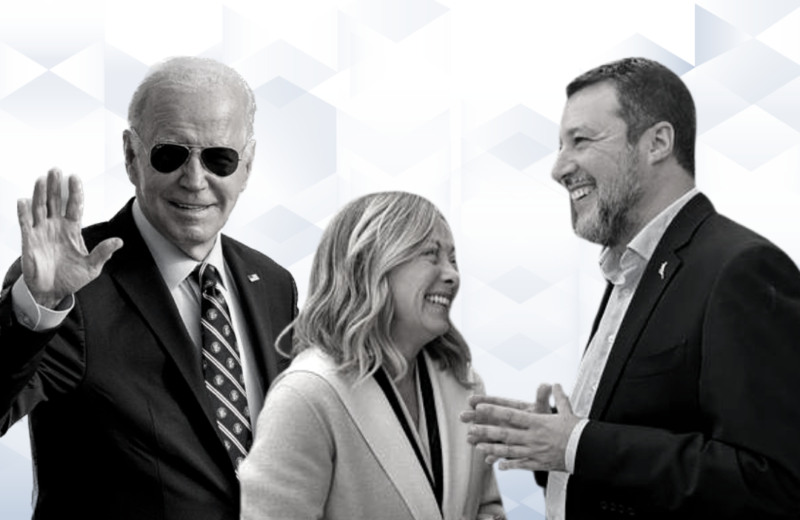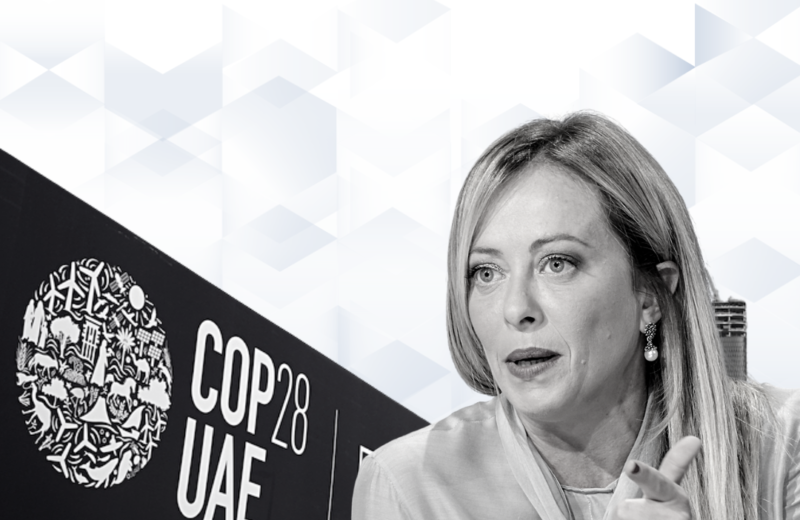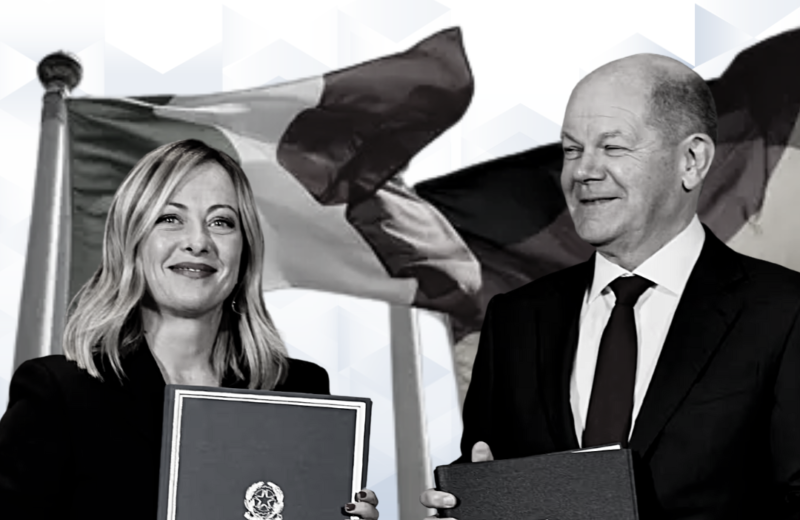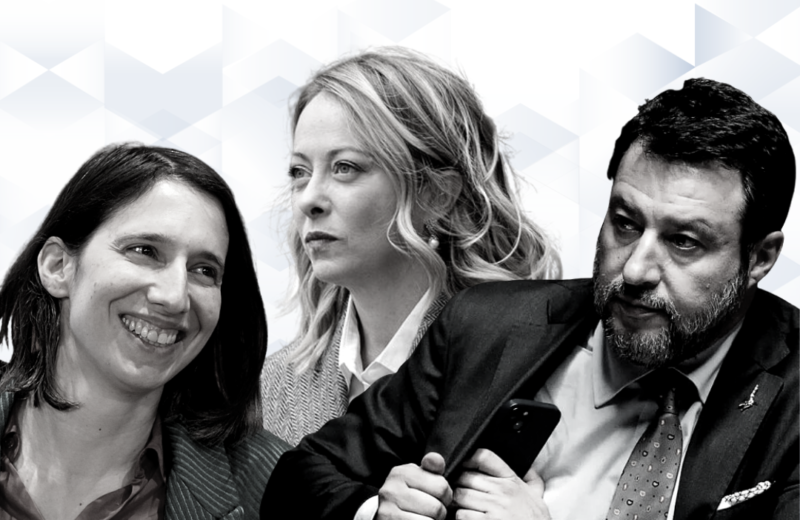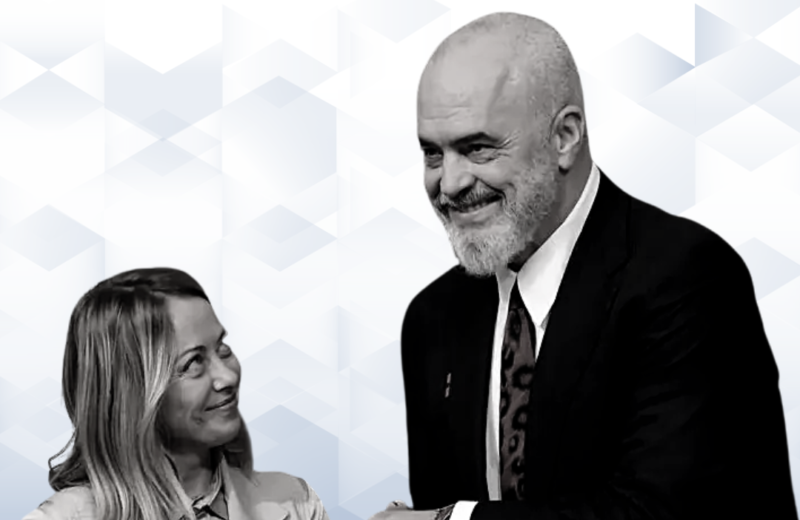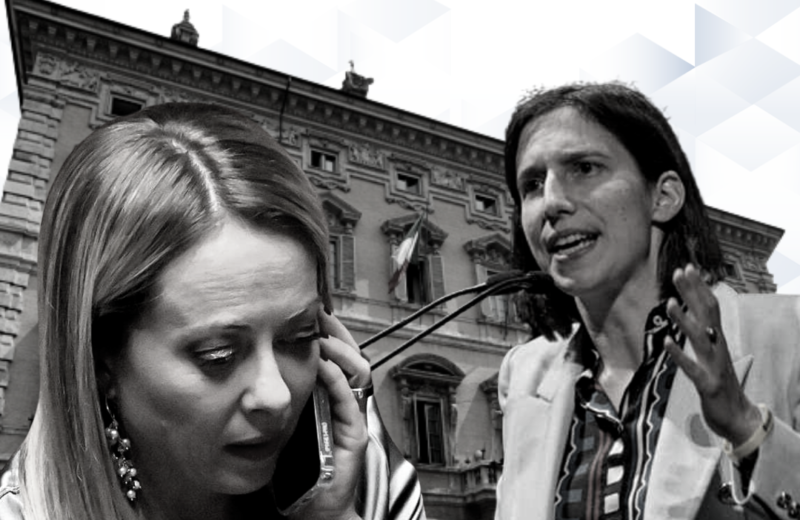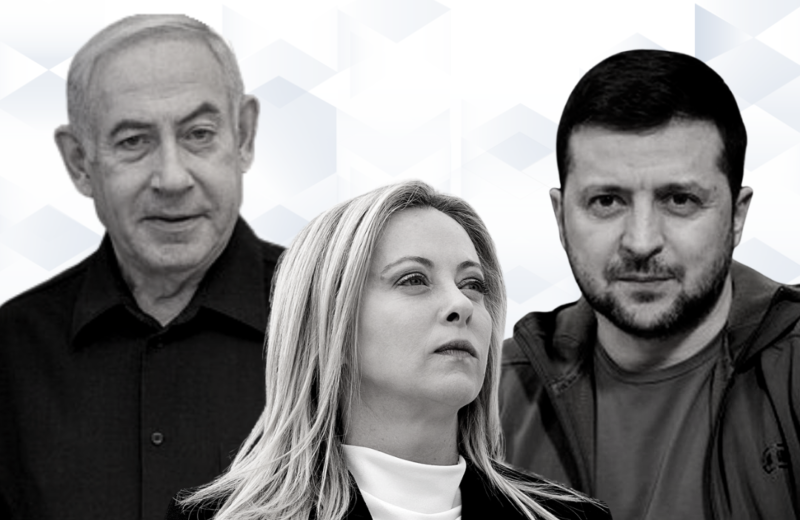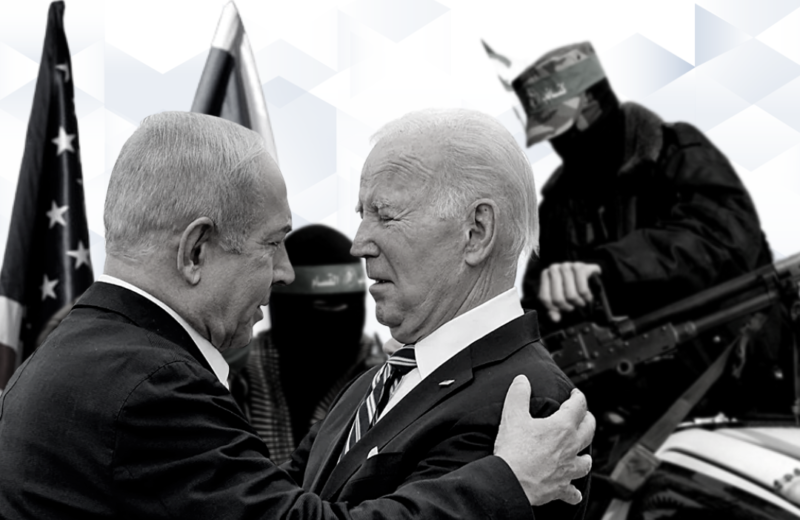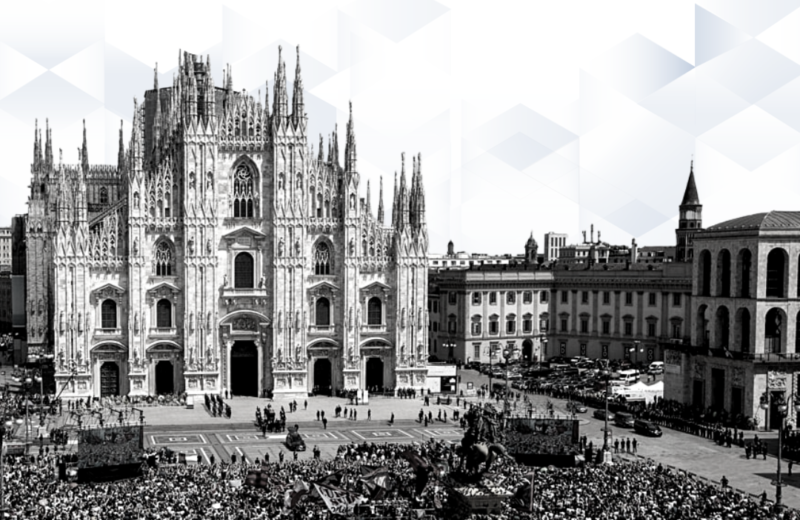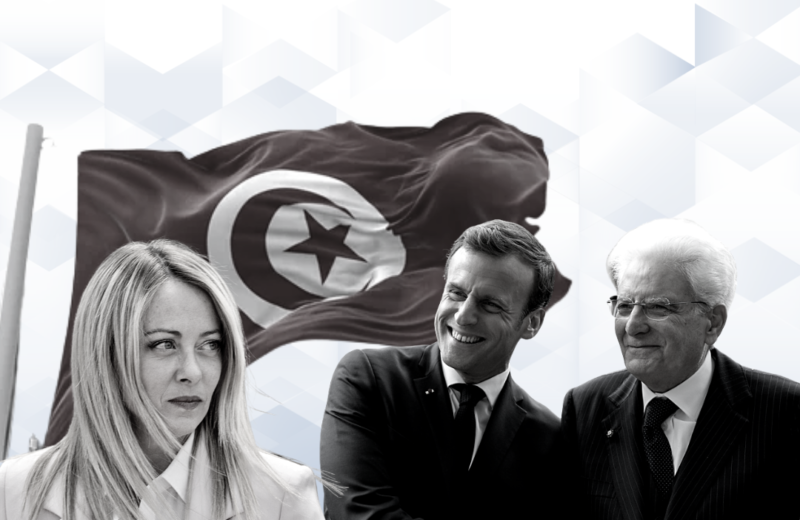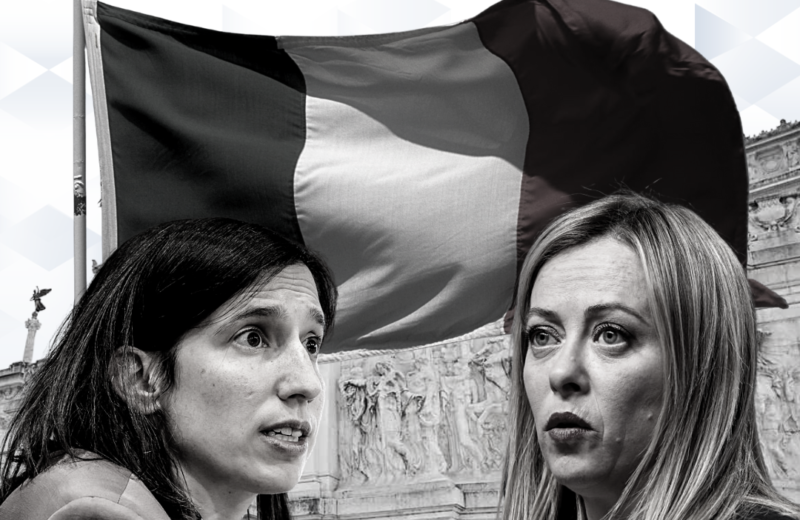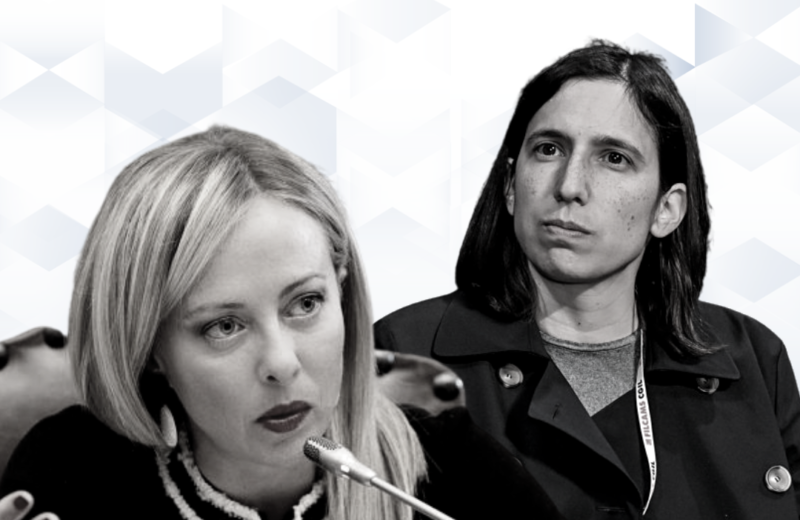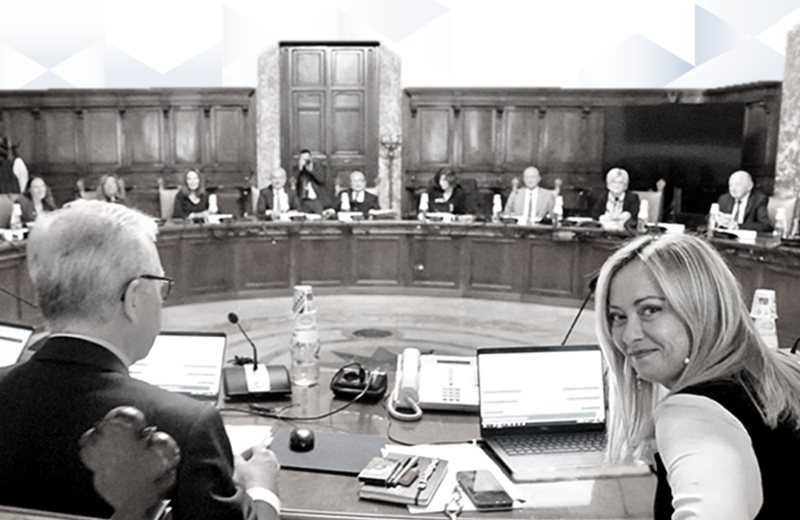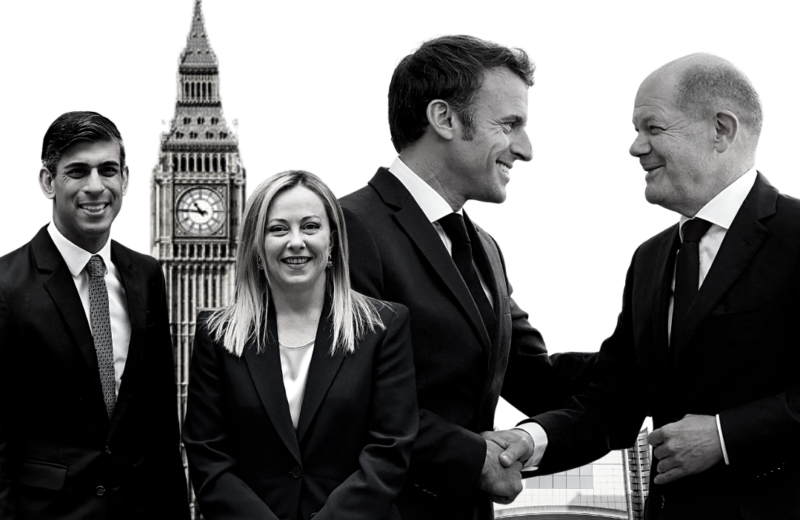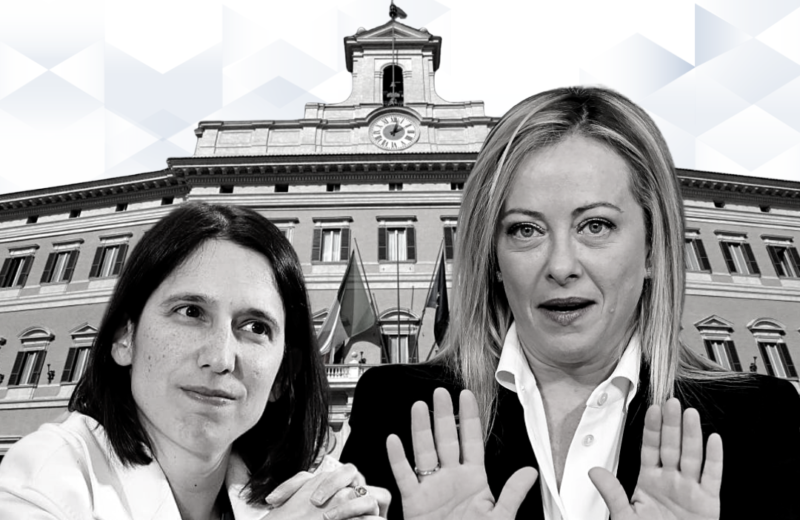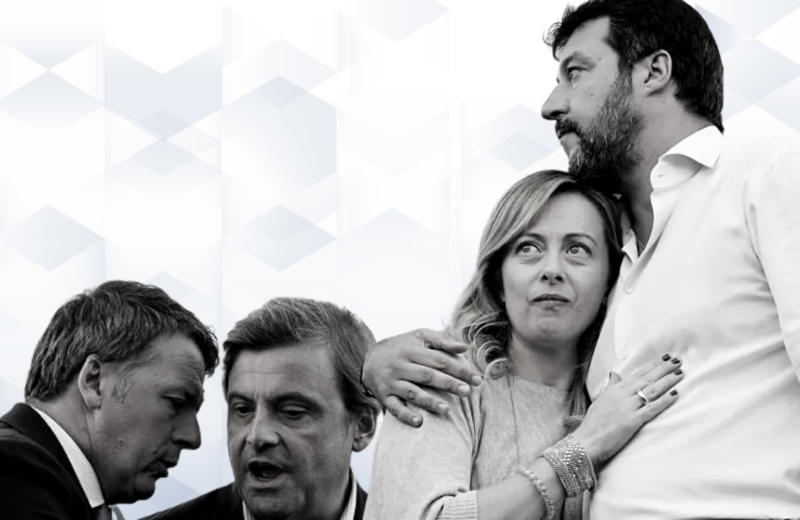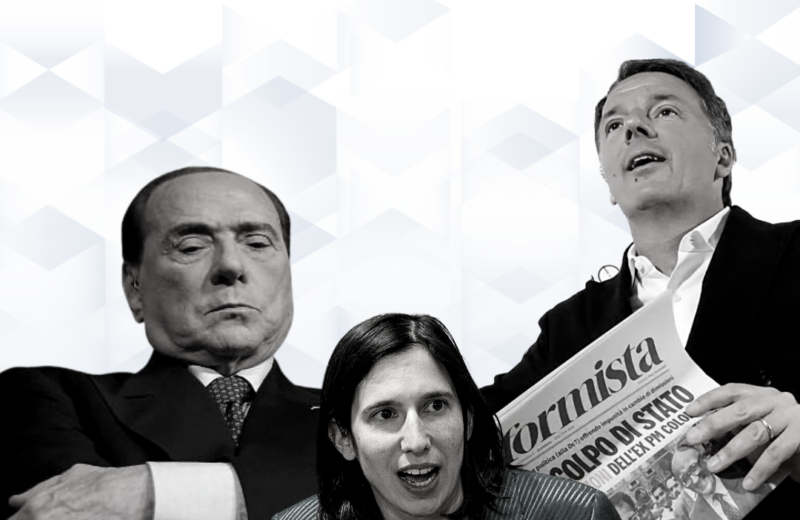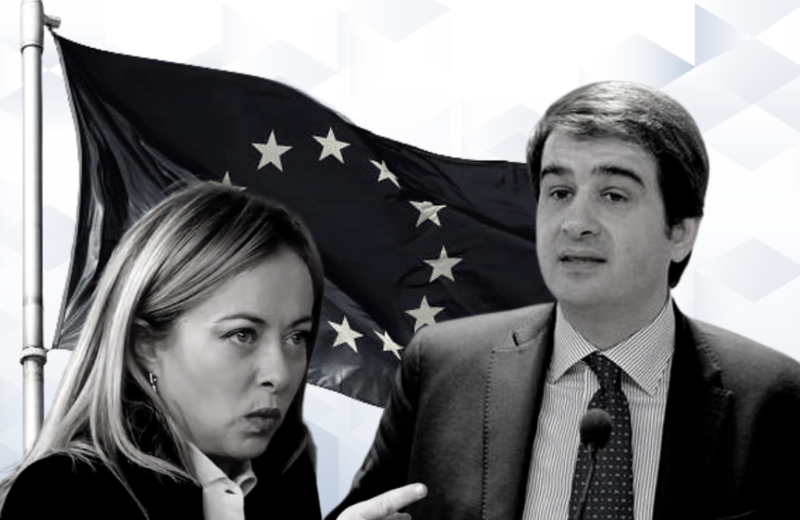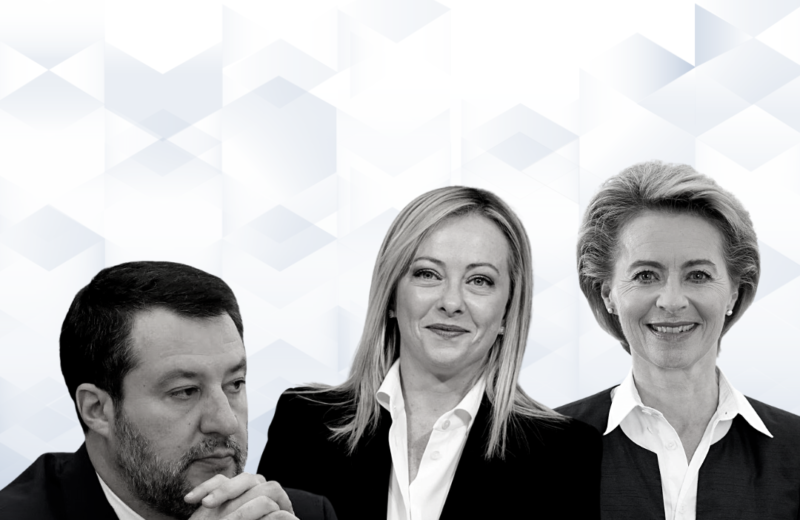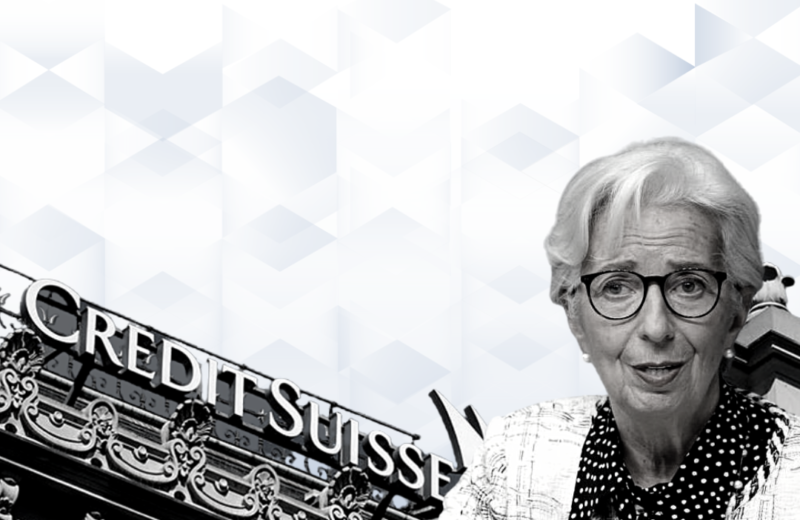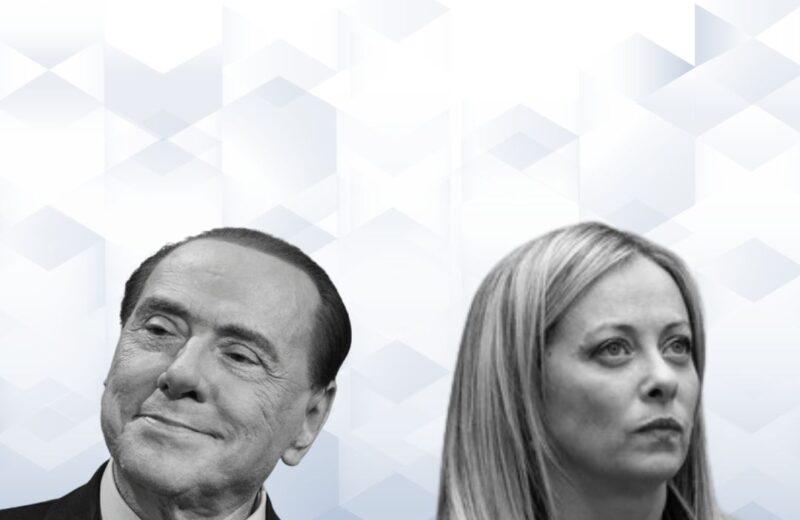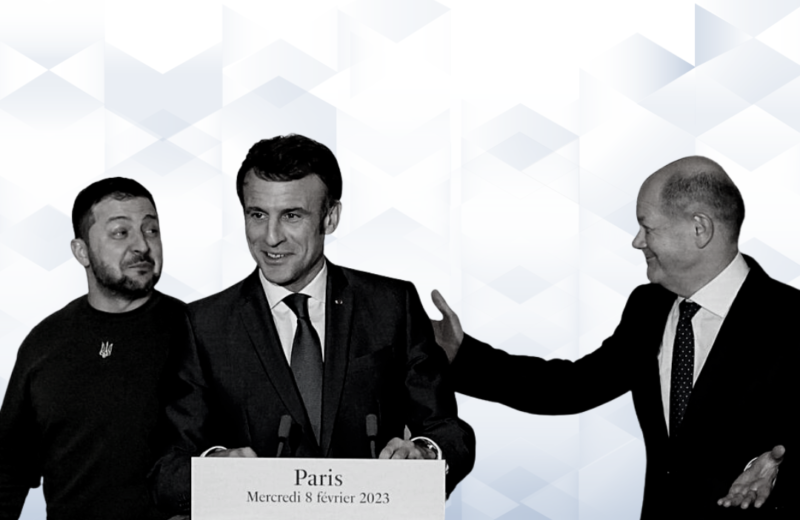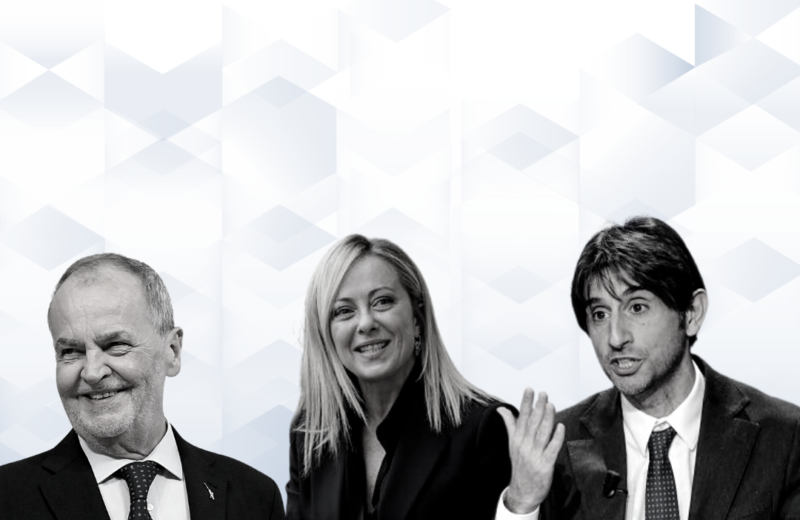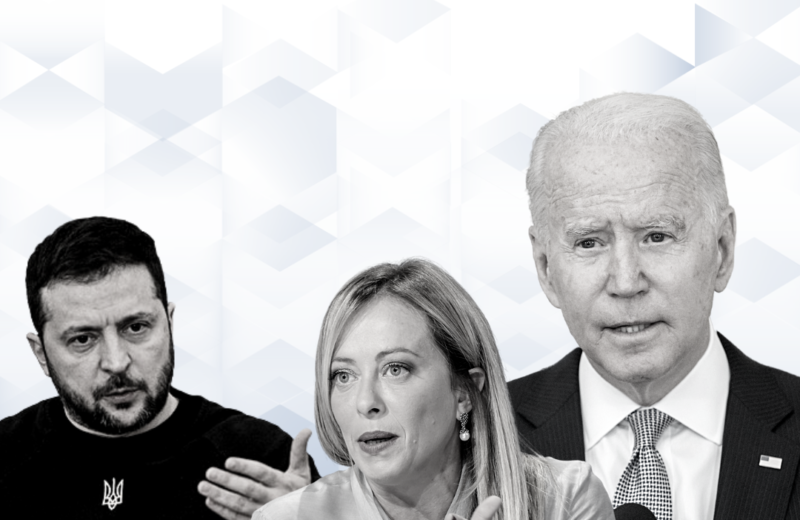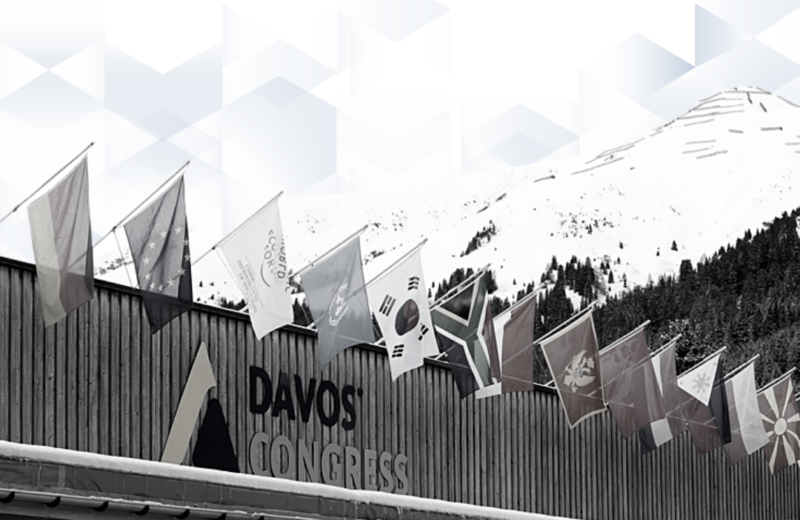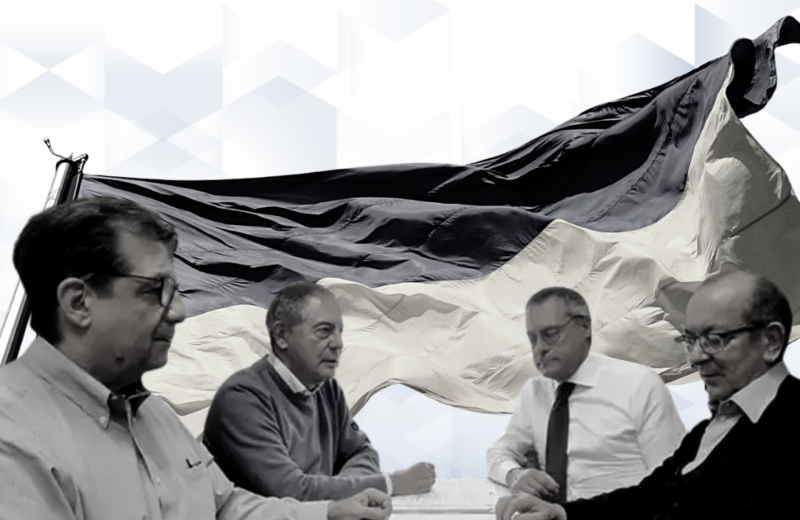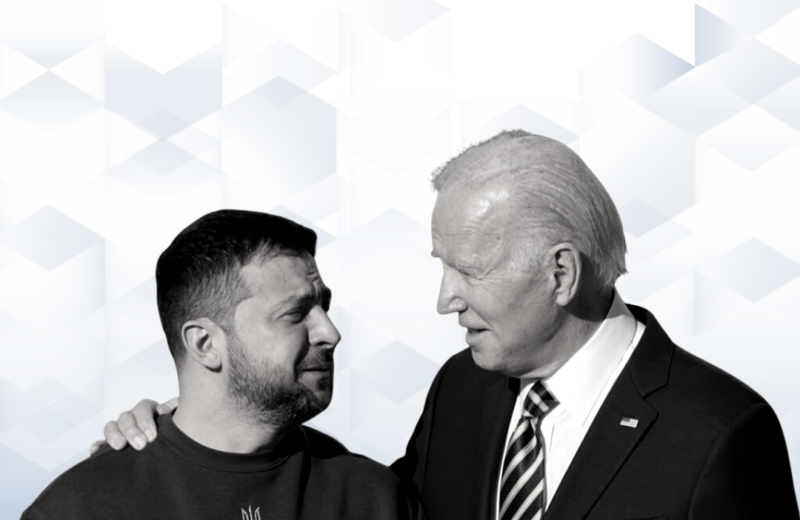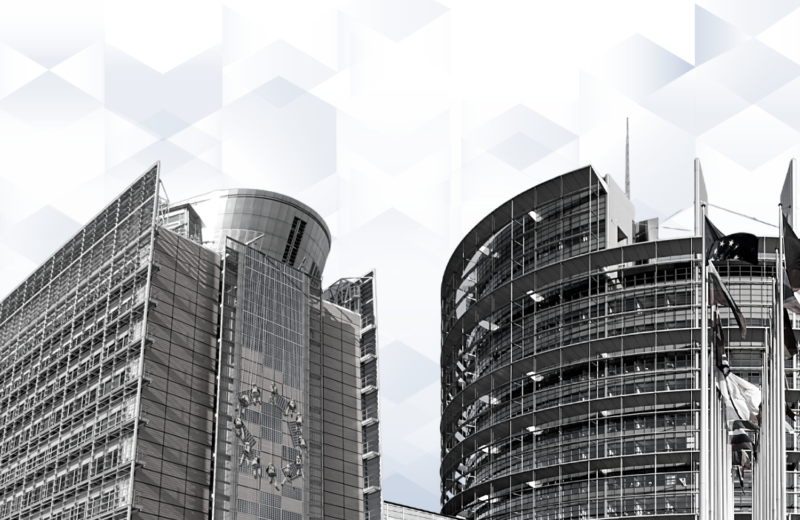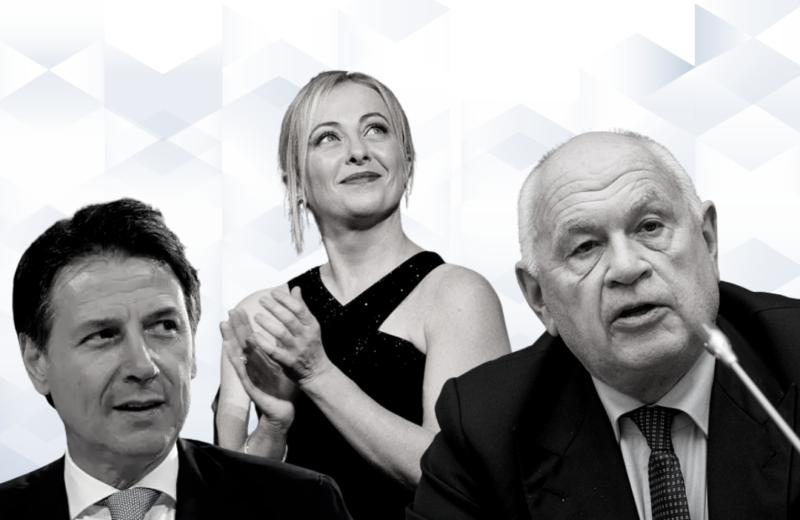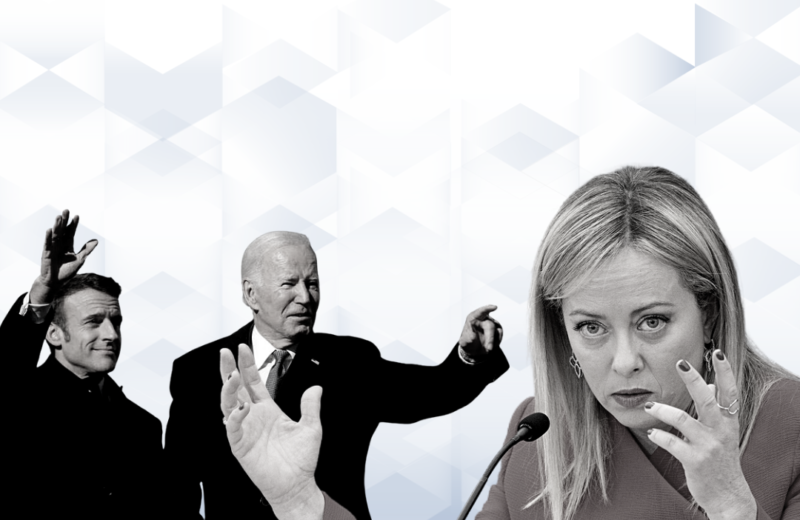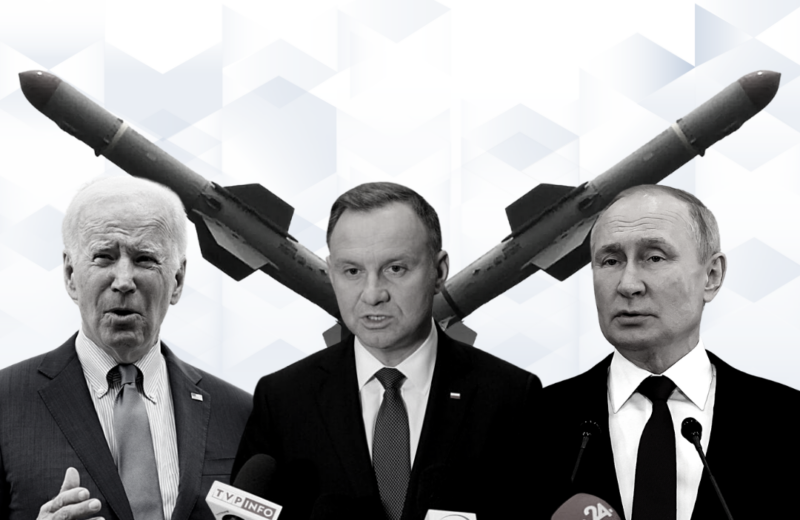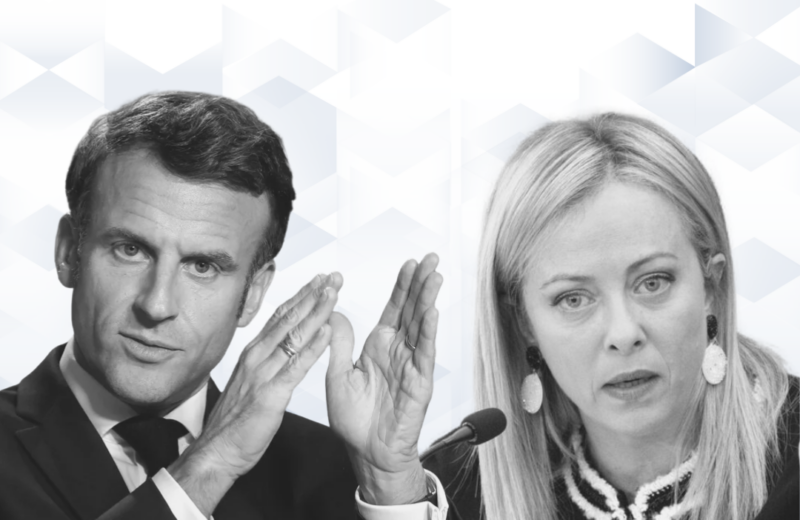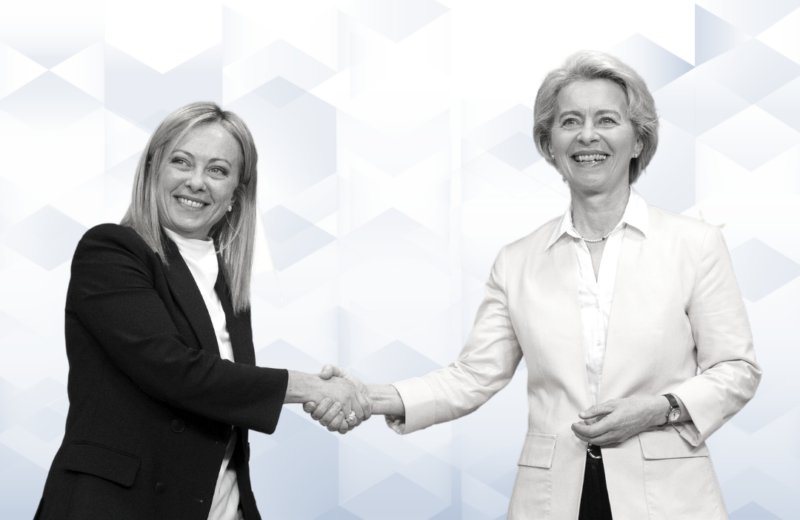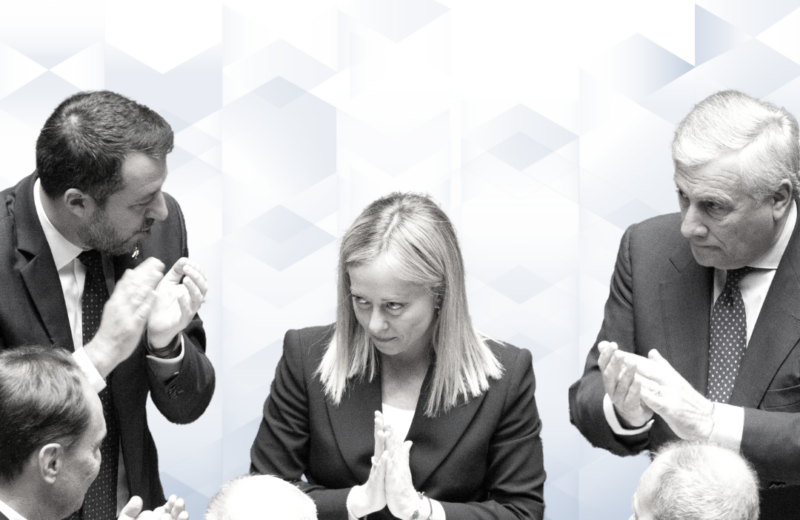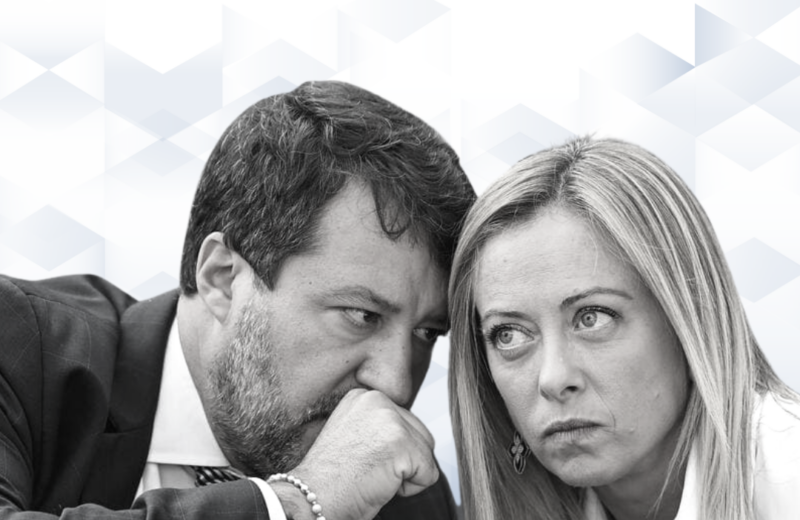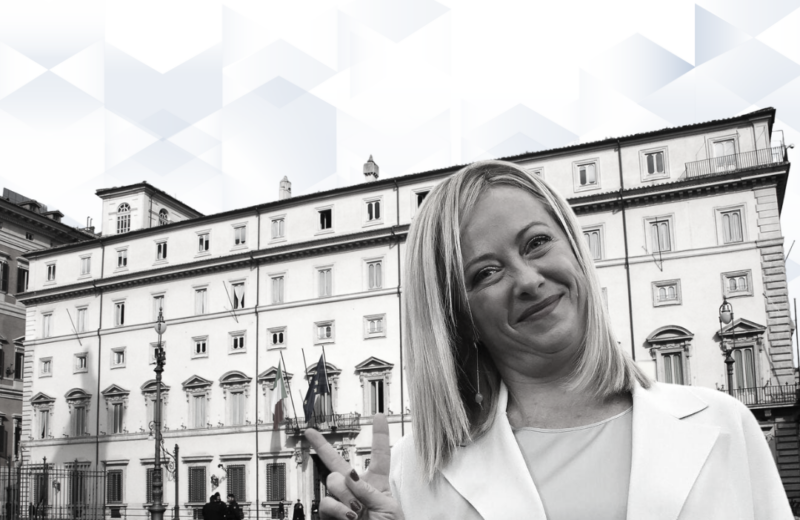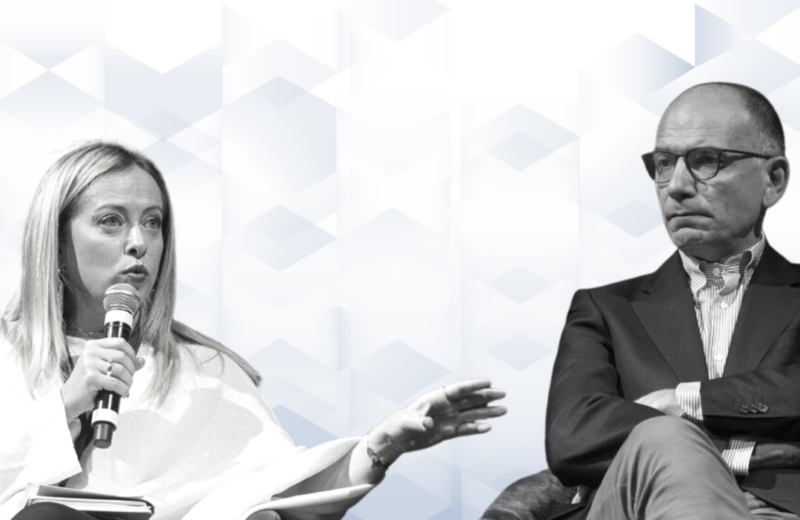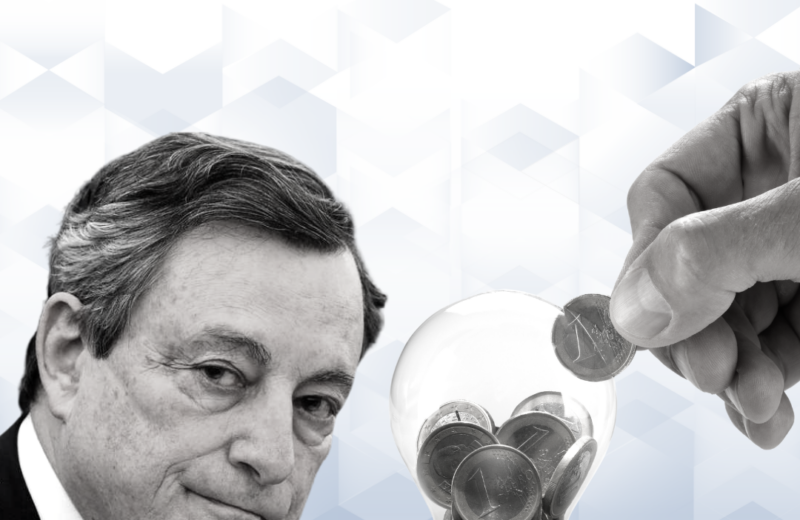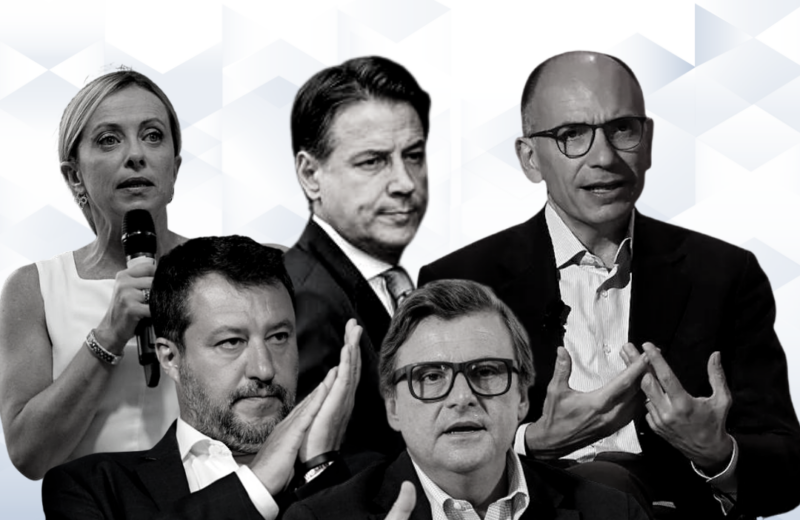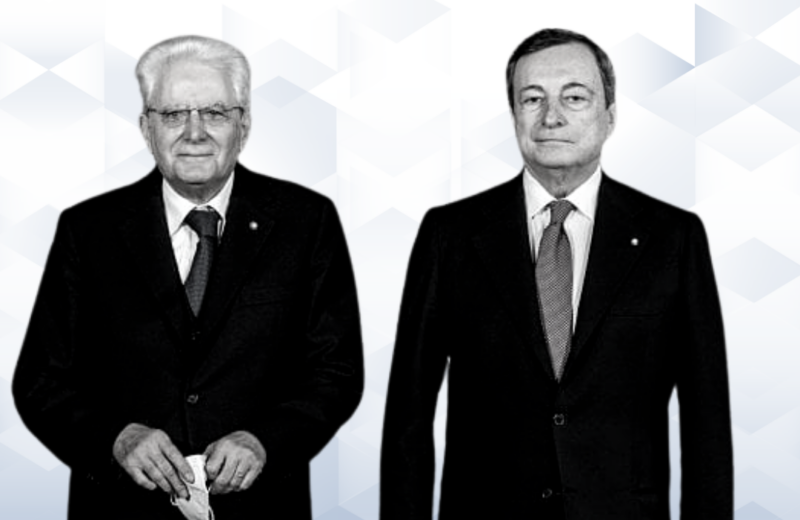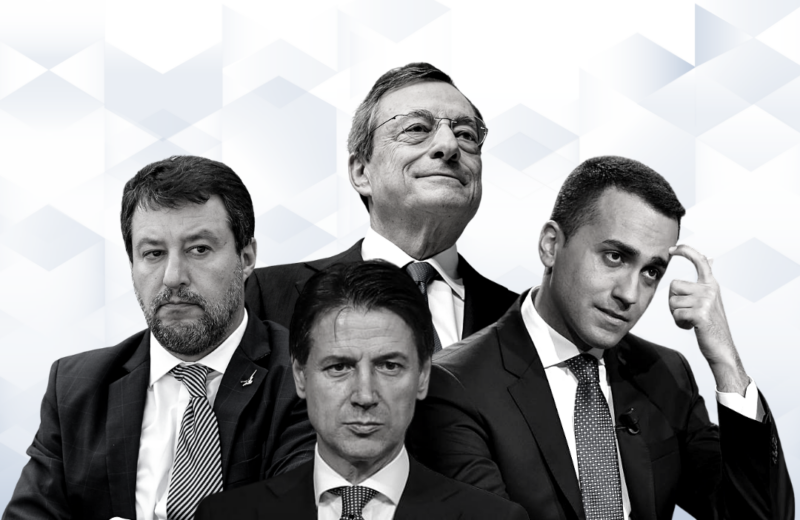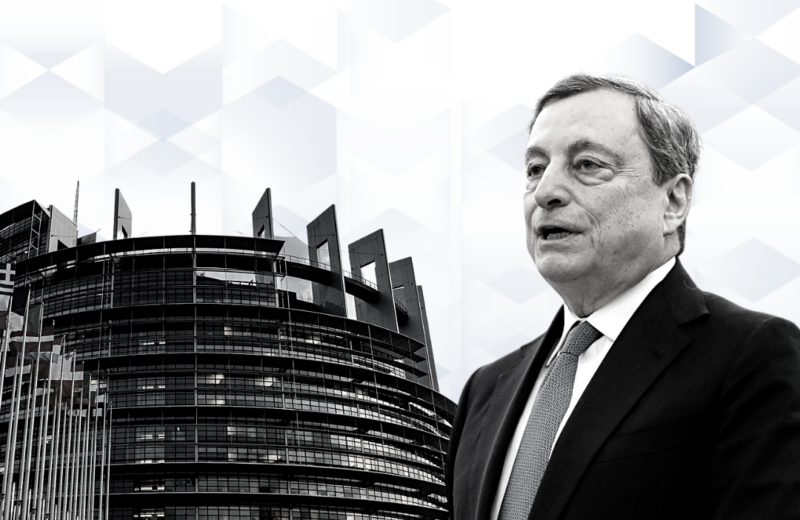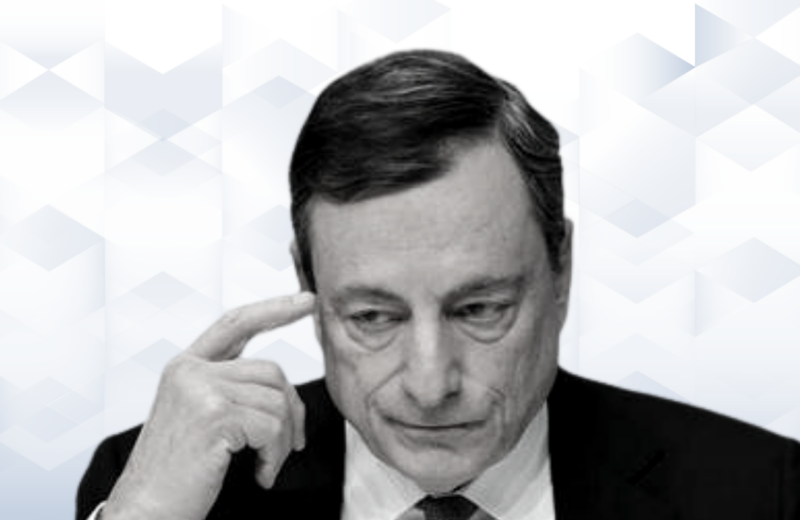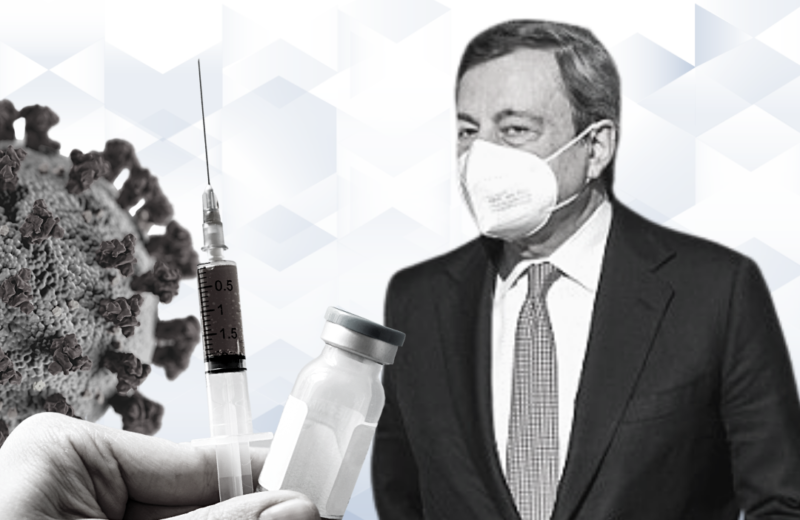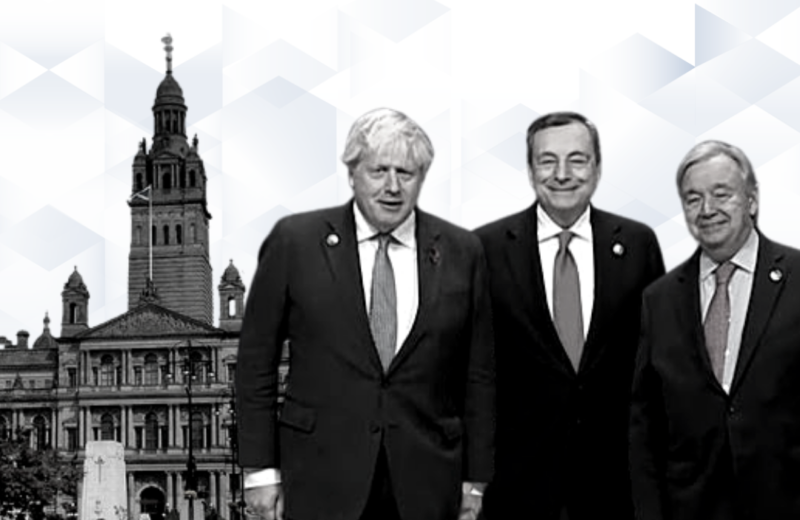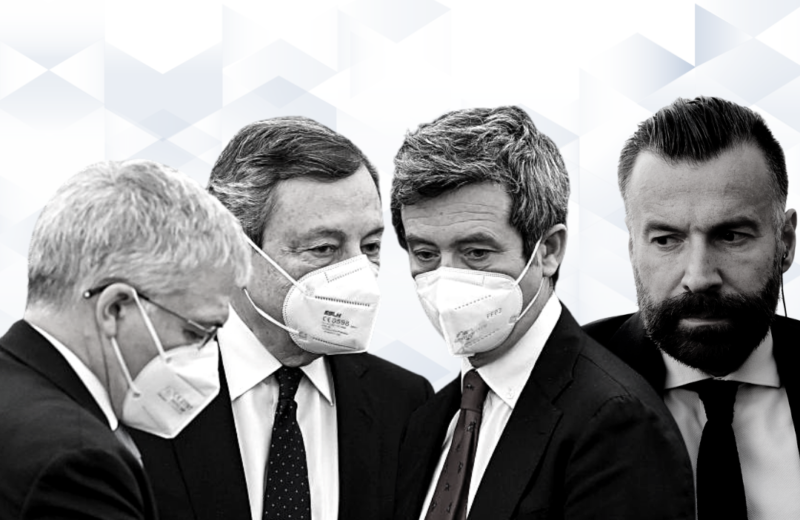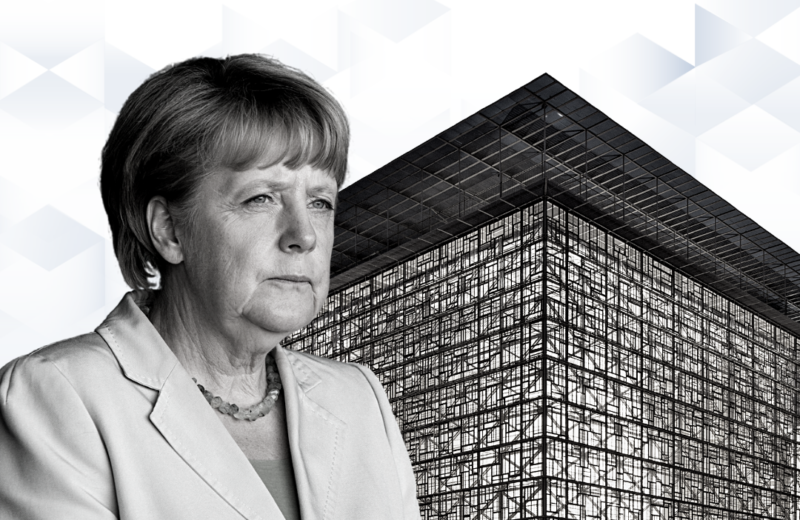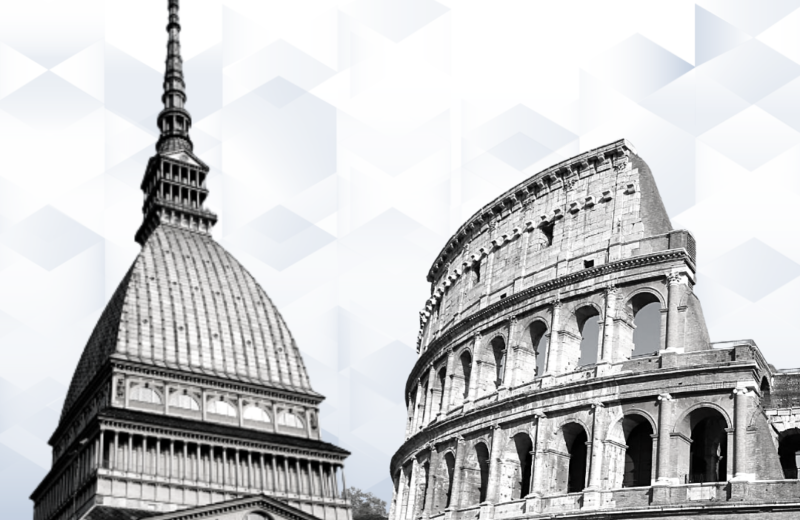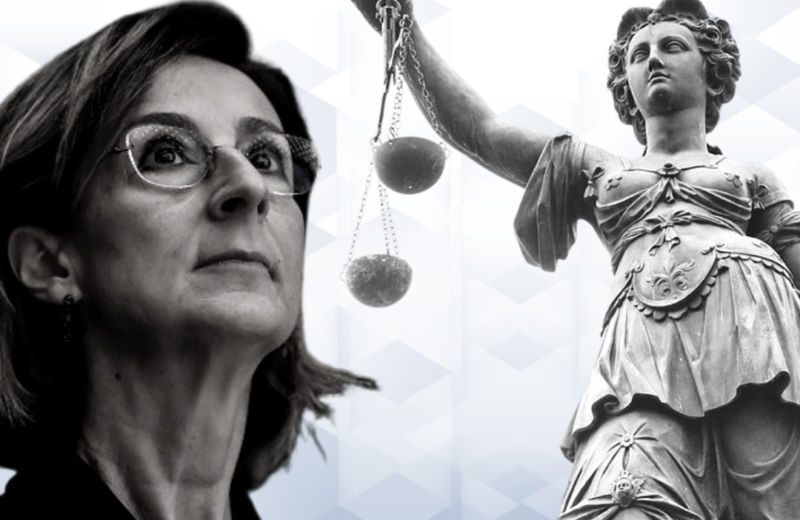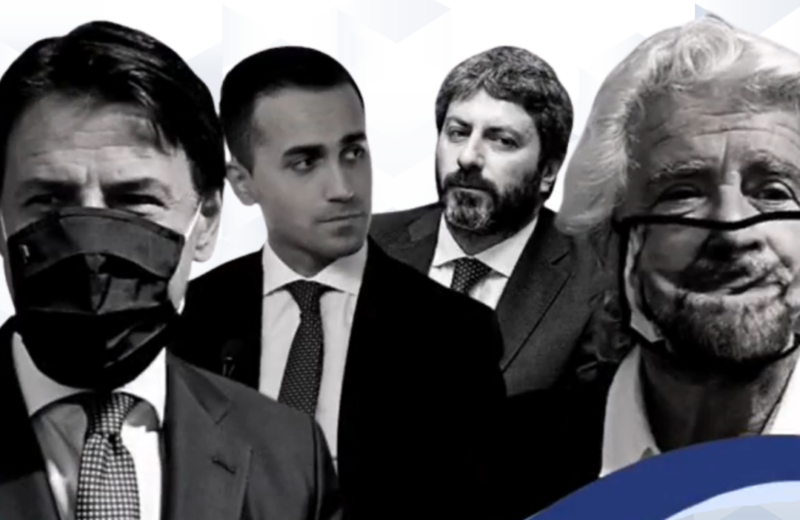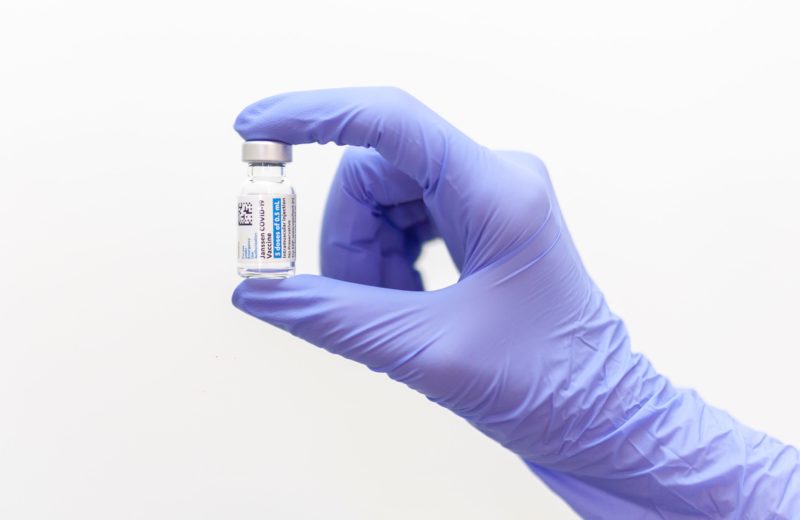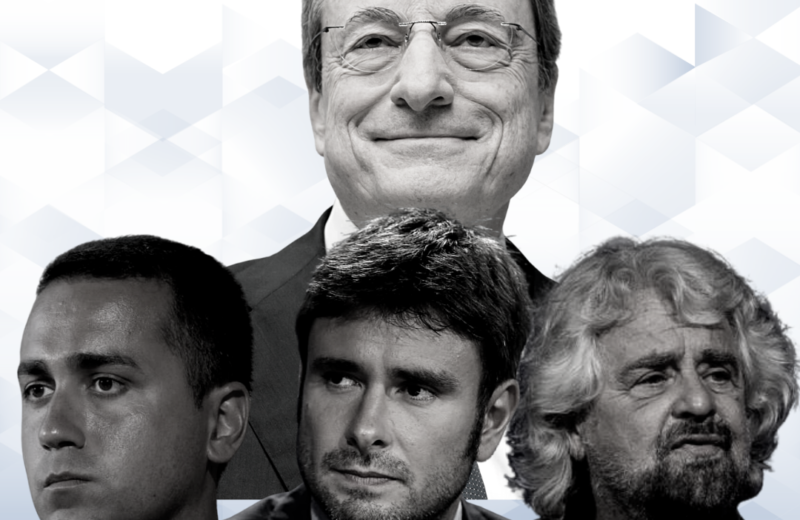Ukraine-Europe between aid and co-belligerence
International attention continues to be monopolized by the conflict in Ukraine and its social, political and economic implications. The declarations of Russian Defense Minister Sergey Lavrov on the risk of a third world war together with the explosions occurred in the separatist pro-Russian region of Transnistria in Moldova make the West fear that the conflict could actually extend outside the Ukrainian territory. To further raise the tension have been the words of Russian President Vladimir Putin according to which, in case of threat, Moscow will use weapons so far unused and not possessed by opponents. The same Russia that in the week has interrupted gas supplies to Poland and Bulgaria, threatening to do the same with other countries that will not make payments in rubles. Not reassuring either were the affirmations of UN Secretary General Antonio Guterres, visiting both Moscow and Ukraine, for whom «the war will not end with meetings but only when the Russian Federation decides to end it». Support for Ukraine can determine the escalation of the conflict. And on this issue the main Western countries, divided between geopolitical interests and internal political dynamics, are shaping their positions.
Italy: Rome renews its support to Kiev. It was Defense Minister Lorenzo Guerini who on Tuesday anticipated in front of the Consultation Group meeting in Ramstein the support to the Ukrainian armed forces with a second decree. Just published in the Official Gazette, the text initiates a new tranche of military equipment. The new measure could in fact add more substantial support than the previous commitment, including the sending of offensive weapons. However, the list, Guerini explains, «has been kept secret in order to not put our country in danger and to not inform those who are attacking the Ukrainian people». On the issue of equipment remains firm opposition of the 5 Star Movement, against sending offensive weapons. Meanwhile, a thread keeps tied Mario Draghi, Joe Biden, Volodymyr Zelensky and Brussels. The former head of the ECB will visit the Oval Office on May 10, his first time in the White House as Prime Minister, and plans a trip to the front line in Kiev that could follow the one to Strasbourg for the plenary session – his first as Prime Minister – on May 3. A very full agenda to which a European summit in Poland could be added. The war in Ukraine offers Rome the opportunity for a new international impetus: anchored to the NATO perimeter, it recalls the old friendship with Moscow and proposes itself as mediator in the conflict. In the meantime, Italy is heading towards Africa in search of new energy supplies. In its new report on the consequences of the conflict between Russia and Ukraine in the area of energy security, Copasir underscores the need to reduce dependence on Russian gas by pursuing diversification of supplies from Africa: Algeria, Libya, Congo and Egypt.
United Kingdom: In the European wake, London too has announced it will send long-range “Brismostone” missiles and specific “anti-ship” batteries to Kiev. Both Defense Minister Ben Wallace and Foreign Secretary Liz Truss have pushed for an extensive Western rearmament, for an increase in military supplies to Kiev and for Russian withdrawal from all of Ukraine, including Donbass and Crimea, fueling tensions between London and Moscow. The British government’s interventionist attitude has not subsided despite the Russian threat of retaliation against NATO countries after Prime Minister Boris Johnson supported Ukrainian attacks against Russian forces with British-supplied weapons.
Germany: Berlin breaks the delay and starts the turnaround. The Bundestag with 586 votes in favor approved the sending of heavy weapons to Ukraine, a historic decision for a country traditionally refractory to sending heavy war material. The Government of Olaf Scholz, in the light of the summit of Ramstein, closed an agreement with the Parliament for the delivery of anti-aircraft tanks “Gepard” and for the training of Ukrainian soldiers on German soil. In the preparatory phases of the conflict, Germany had declared itself against the sending of armaments in support of Kiev, but with the escalation of the conflict and as a result of pressure from NATO and the EU, Berlin has completely reversed its position, thus initiating a new phase of military dynamism.
France: France, the election campaign complicit, has always maintained great reserve on military deliveries to Kiev. Unveiling the cards on the equipment provided was President Emmanuel Macron himself. In an interview given to Ouest France between the first and second round, he declared the delivery of «important armaments: from Milan missiles up to Caesars», underlining to act in coordination with Germany. The will of France, reiterated by the head of the Elysée, is not to cross the red line avoiding entering a state of co-belligerence and then open war against Russia.
